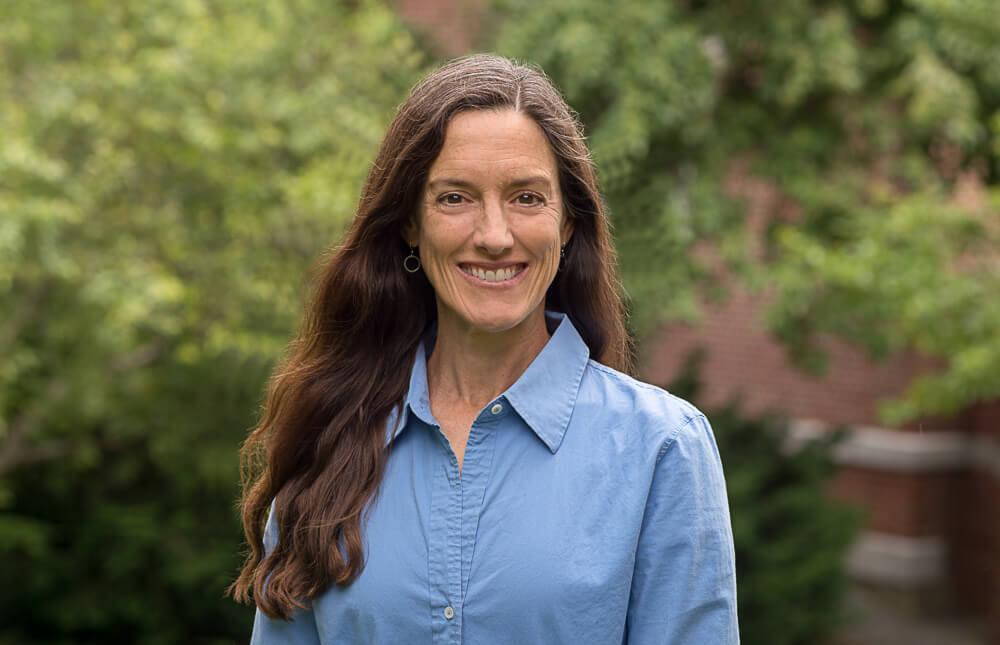Alice Fothergill is a sociologist who focuses on disaster research, including research on the 1997 flood at Grand Forks, North Dakota, the Katrina Hurricane and Tropical Storm Irene in Vermont.
Most recently she has turned her attention to the COVID-19 pandemic and the impact on children and elderly populations.
“Their voices aren't really heard,” Fothergill said. “There is a lot of talking about the impacts on both groups, but not enough listening to what their experiences really are.” The study uses a variety of qualitative and quantitative methods, including interviews, journaling, and surveys to allow for these traditionally ignored voices to be heard, she said.
Fothergill’s work, and disaster research in general, provides a lens through which pre-existing societal issues can be examined in a new context. “One thing I've learned from all these years of disaster research is that, when you take all the things that are happening during non-disaster times and then you put them in a disaster context, they're all still there; they just become exacerbated.”
In fact, this component of disasters is exactly what initially drew Fothergill to the field, she said.
In graduate school, she was approached by a professor with a five year grant for a major disaster research study and offered the opportunity to work with him on the project. She initially refused, telling him “that I wasn't interested in disasters and that I was really interested in inequality and gender” Fothergill said. “I was interested in race and ethnicity and social class and stratification.” The professor told her, she recalls; “All of those things happen in disasters. I'm just giving you a context in which you can then study the things you're interested in.”
Her present research on the COVID-19 pandemic has only underscored the truth of that statement and the fact that “everything becomes more pronounced and magnified during disasters,” Fothergill said.
Gender and family issues, for example, were exacerbated during the pandemic.
“Women ended up leaving the workforce in much greater numbers,” Fothergill said, “because it was an impossible task to both homeschool children and keep their jobs. So the ramifications for careers and employment and steady income ended up being very gendered.”
However, the findings from Fothergill’s work also demonstrate the impressive ability that individuals and communities have to get through disasters like COVID.
“I'm interested in capacity,” Fothergill said. “This idea that you could be both vulnerable and resilient at the same time, so you could be at risk, but you might have really good coping strategies. We call them capacities, but they're like anything you might do for yourself.”
Fothergill also found that many people helped others in more explicit and direct ways during the pandemic.
“I just interviewed a woman,” Fothergill said. “And it was unbelievable how many things she did for other people during Covid. It was just phenomenal. And then we got to talking about what it does to be able to contribute to your community's recovery and having opportunities to assist others.”
Fothergill emphasized the power of people helping others and their communities during disasters, both for larger-scale community recovery and individual well-being. “If there are ways for people to contribute to that recovery and help other people like we all know, it feels good to be connected, and feels good to help other people.”
At UVM, Fothergill teaches in the sociology department, to read more about her academic work and areas of expertise, refer to her page on the CAS website.
Gideon Parker is a sophomore Anthropology student with an interest in all things culture and society.
